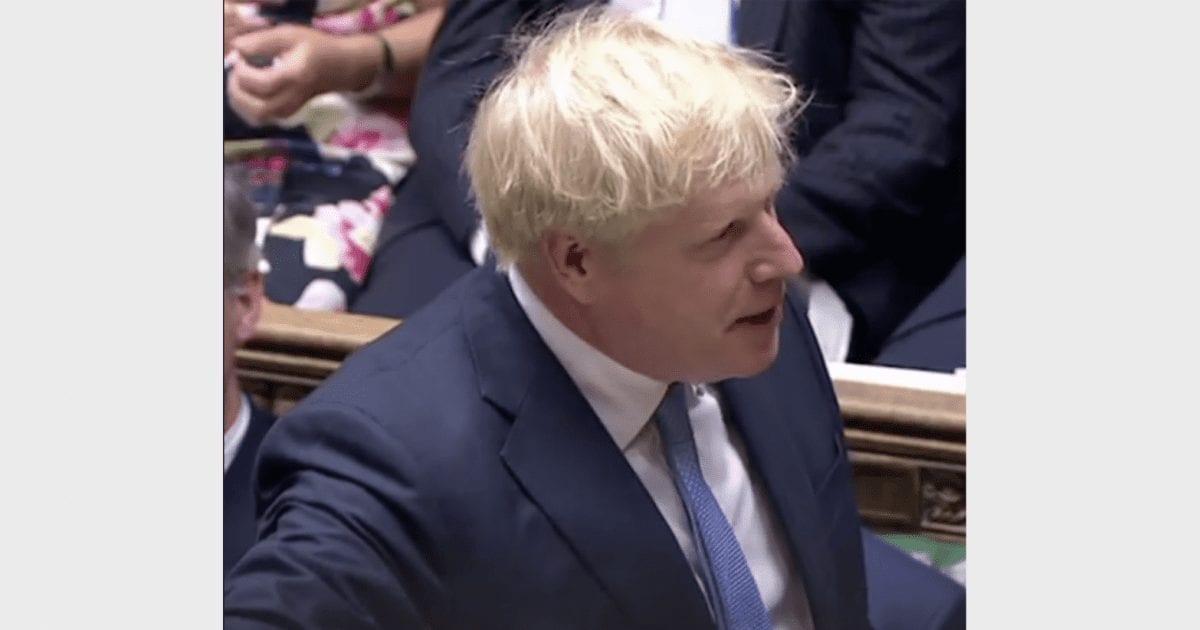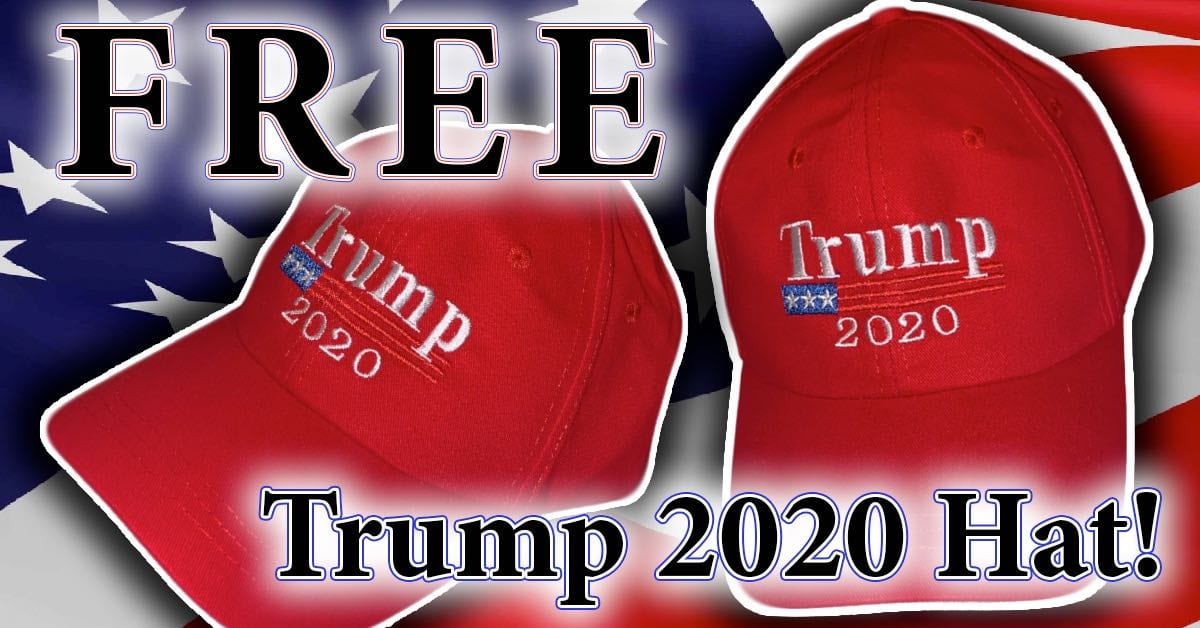He’s been called the U.K.’s version of Donald Trump and the comparison may be very apt.
Not only is the visual resemblance hard to miss (two flaxen haired leaders of their countries are not all that common) but he seems to espouse a similar worldview.
Both Johnson and Trump were strong proponents of Brexit and it looks like after Theresa May tried to stall it for two years it will now finally move forward.
And I came across this video today showing Johnson speaking in their version of Congress and wow is it raucus!
The Brits are a crazy group of people, and Johnson seems to be right at home zinging them all!
Take a look:
And here's more....
From The Guardian, it appears that Johnson is turning to some of President Trump's most successful tactics:
Two cars are hurtling towards each other down a narrow country lane. Both have the option to pull over but neither driver wants to give way first. What happens next?
This is the sort of scenario that lies at the heart of game theory, the use of models to show how rational decision-makers interact with each other. Game theory is big in economics and, in the current circumstances, that’s hardly surprising because two key political issues lend themselves to game theory analysis.
The first is the US-China trade war, with the two cars heading towards each other down the country road being driven by Donald Trump and Xi Jinping. The vehicles have already ignored plenty of passing places along the way and a head-on crash is a distinct possibility.
Did CBS Just Publish The Infamous “Clinton Kill List”?
Both drivers are aware of the risks but neither wants to lose face in the game of chicken. Trump has made getting concessionsout of China a totemic issue for his political base; Xi is another self-styled strongman already facing an internal threat to his authority from the protests in Hong Kong.
Last week, trade talks between officials from Washington and Beijing were held in Shanghai. This was seen as a hopeful sign – an indication that the leaders of the world’s two biggest economies were fully aware of the dangers of protectionism.
But Trump’s way of playing the game is to keep his opponent guessing. So he chose this moment to announce something unexpected: plans for a 10% tariff on $300bn of Chinese imports into the US, which – if actually implemented on 1 September – will mean virtually nothing China sells to the US will be exempt from duties.
Xi Jinping thinks Donald Trump will be wary of spooking the stock market
Trump says he wants a deal with Xi and that is true. But he wants a deal that involves Xi slipping into the passing place while he zooms past. His strategy for getting what he wants involves putting his foot on the accelerator rather than on the brake. The White House is assuming that this is a rerun of the Cuban missile crisis – another classic example of game theory – in which John F Kennedy’s threat to push the nuclear button forced Nikita Khrushchev to back down.
Xi, meanwhile, has continued to trundle down the road at a steady pace. He thinks Trump will be wary of spooking the stock market and of making American consumers pay more for their smartphones and laptops. After four decades of rapid economic growth, Beijing reckons it is in a much stronger position today than the Soviet Union was in October 1962.
In the real world, head-on collisions happen relatively rarely. More often, both drivers slam on their brakes at the last minute and after waving their fists at each other grudgingly work out a way to pass. But accidents do happen. And when they do they cause lots of damage.
The “game” between the US and China has been between two well-matched opponents. Up until now, the “game” between the UK and the EU over Brexithas been much more one-sided. Michel Barnier, the EU’s chief negotiator, operated from the outset on the assumption that for all her tough talk, Theresa May would always be the first to blink. And in the negotiations that culminated in the draft withdrawal agreement last autumn, he was proved absolutely right.
Dan Bongino Exposes Obama, Mueller and Comey: “The Biggest Scam In American History”
The dynamics of the game, though, have changed since the start of the year when it first became clear that the inclusion of the Northern Ireland backstop in the withdrawal agreement meant May could not get her deal through parliament.
May’s failure to actualise the result of the referendum led to the rise of the Brexit party, which came first in the elections for the European parliament. Conservatives – aware that the party is facing an existential crisis – dumped May and replaced her with someone they thought could see off the threat posed by Nigel Farage.
Boris Johnson has arrived in Downing Street and has reshaped the cabinet so that it is run by Brexit true believers rather than those who backed remain in the referendum. Preparations for a no-deal departure have been ramped up in order to show the rest of the EU that the government means what it says. Johnson has made it clear that he is in no hurry to start negotiations and, by spraying money, is creating the impression that he would be willing to call a general election in order to get a mandate for his tougher Brexit approach.
From a game theory perspective, all this makes complete sense. Like Trump with Xi, the prime minister is trying to keep the EU guessing.





Join the conversation!
Please share your thoughts about this article below. We value your opinions, and would love to see you add to the discussion!